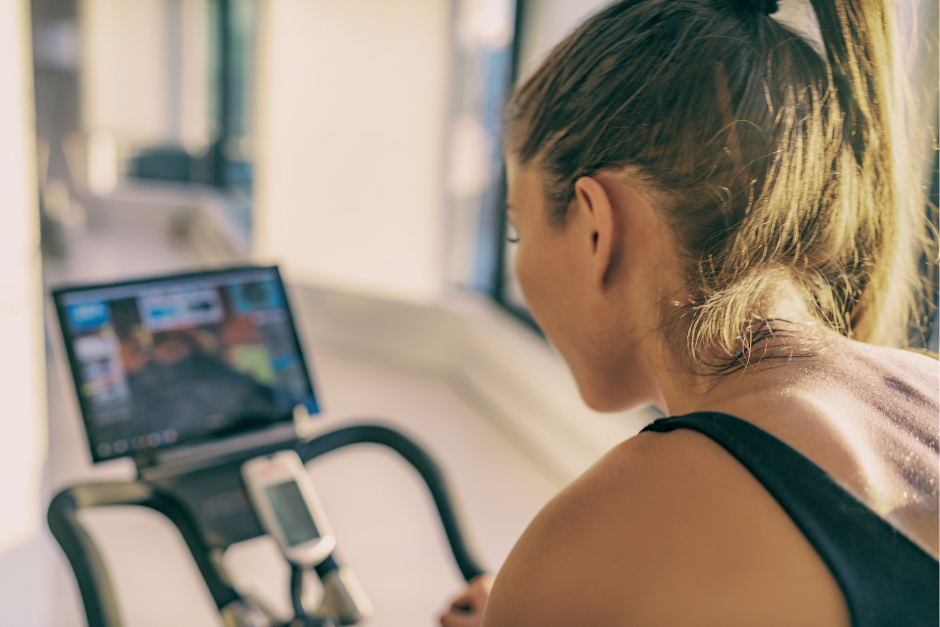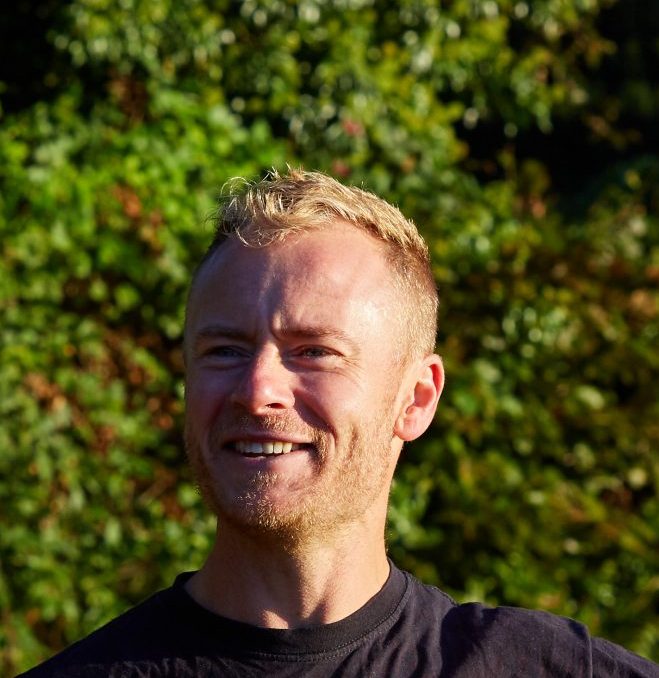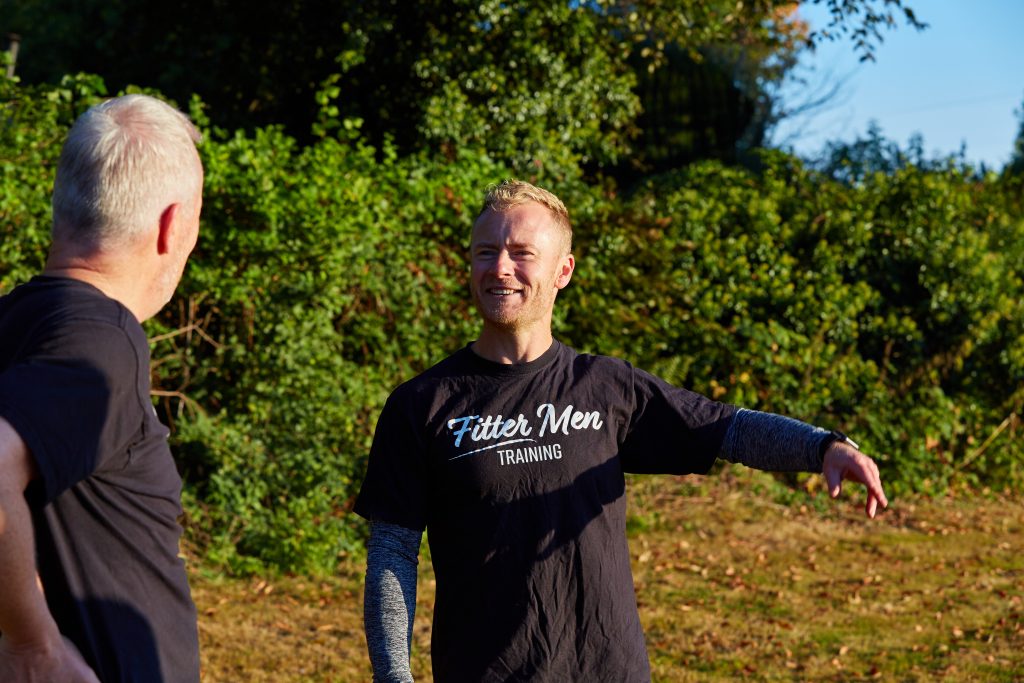
A New Medical Condition Hitting Surrey Families
Two years ago, in the depths of the Covid-19 pandemic and lockdowns, exercise bike sales skyrocketed. Peloton basically became a household brand overnight. The number of people forced to stay at home to work boomed too.
I’m on the frontline of health and wellbeing and two years on from the pandemic I’m beginning to see a growing number of people with (what I call) a new health condition, Peloton Syndrome.
Peloton syndrome sufferers have all or some of the following symptoms; rounded backs, hunched posture, tight upper shoulders, forward protruding head, stiff necks, stiff achy hips that can be acutely painful at times, and tight or sore thighs and tight calves.
Peloton Syndrome can be addressed and resolved using a combination of strengthening the weakened muscle groups, releasing overworked muscles and stretching out tightness. But if left problems can worsen.
Let me explain how more and more people in Surrey are presenting with these symptoms when they come to see me.
Being sat at a desk for eight to ten hours a day, five days a week with likely less time away from the desk than working at the office (commuting time, coffee and lunch walks etc) shortens muscles in the front of the thigh and hips tightens the shoulder and neck muscles that are having to support a heavy head (that is protruding forward) and tightens chest muscles caused by poor posture at the desk. Basically, most of the muscles on the front of the body and legs get tight from being in a shortened position for a long time.
Secondly, the 30-60 minutes of free time each day is then spent on the exercise bike. Typically on an exercise bike the muscles on the front of the legs and hips are the predominant muscles being worked which leads to shorter, tighter, stronger muscles. And often without a stretch and/or self-massage before or after the bike, sufferers get right back to work sat down at their desks.
Over time, due to the combination of the two, symptoms get progressively worse, often at an unnoticeably slow rate with the pains and aches usually only presenting when moving and exercising in a different way to that of being hunched and sat at a desk or bike. When I see sufferers, their symptoms show up straight away when I carry out routine posture and movement assessments.
I address the imbalances during the personal training sessions and set a few exercises for the sufferer to do at home to fix the problem. With discipline and a little dedication, symptoms improve noticeably within a couple of weeks.
If you think you are suffering from the above symptoms and you are at your desk and or exercise bike a lot, there are a few things you can do to help.
Matt Jordan – the Energy Coach



